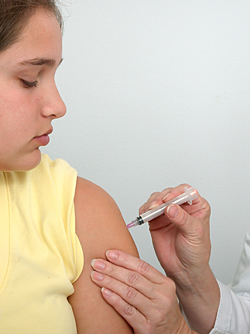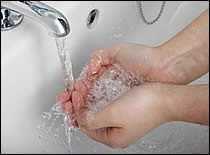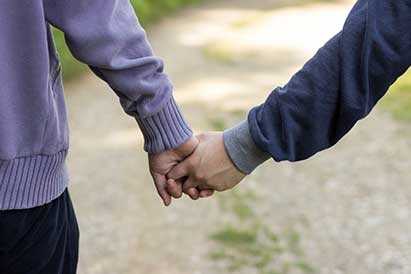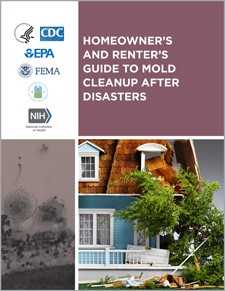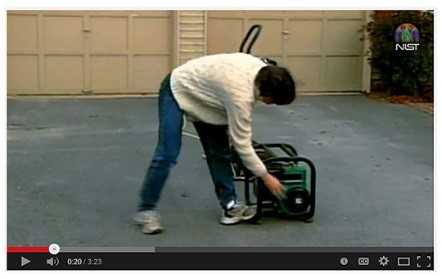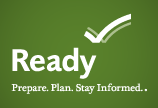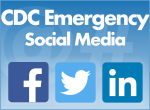Asthma Care Before, During, and After a Hurricane or Other Tropical Storm
Before a Hurricane or Other Tropical Storm
During and after a hurricane, you may need supplies to keep your family safe and healthy. Remember that a hurricane could cut off your power and water supply. You also may not be able to drive because of damage to your car. Roads may be flooded or blocked.
That’s why it’s best to be prepared — stock up on everything you might need, including:
- At least a 3-day supply of asthma medications
- Copies of important documents such as insurance cards and immunization records (and asthma action plans, if available)
Remember that certain items, like medications and paper documents, need to be kept in waterproof containers.
More information is available on preparing for a hurricane or other tropical storm.
Avoiding Common Asthma Triggers During and After a Hurricane or Other Tropical Storm
Influenza, commonly called “the flu”, can trigger an asthma attack. Everyone 6 months of age and older should get a flu vaccine every year. It is particularly important for people with asthma to be vaccinated against the flu every year because they are more likely to have serious health problems from getting the flu. This website has information on flu shots for people with asthma.
Illnesses such as colds or the flu can trigger an asthma attack. Keeping hands clean helps prevent the spread of these germs. This website includes information on handwashing during or after emergencies, when finding clean, safe running water can sometimes be difficult.
During and after a disaster it is natural to experience different and strong emotions. Strong emotions can trigger an asthma attack. This website has information on steps people can take to help themselves and others cope.
This website describes other common triggers of asthma attacks and how to avoid them.
If your home was flooded and you were not able to dry your home (including furniture and other items) within 24-48 hours, you should assume you have mold growth. Breathing in mold can trigger an asthma attack. If possible, people with asthma should stay away from moldy sites. This website includes information on how to recognize mold and how to safely clean up mold.
This website includes information for children about mold, a common asthma trigger. Children should not take part in disaster cleanup work.
Using Asthma Medications or Devices During and After a Hurricane or Other Tropical Storm
Asthma can be controlled by taking asthma medication exactly as directed by a doctor or other medical professional. This website has information on how asthma medications help control asthma.
This website has videos and step-by-step instructions (in English and Spanish) on the correct way to use a common type of asthma inhaler (a metered dose inhaler).
When a power outage occurs after a storm, some people may use generators as a backup power source. These generators provide power to appliances, lights, and other vital items in the home, including “breathing treatments” for asthma (also known as nebulizer machines). Using generators improperly can cause poisonous gas (carbon monoxide) to build up in a home, garage, or camper. Never use a generator indoors or less than 20 feet from any window, door, or vent. When using a generator, use a battery-powered or battery backup carbon monoxide detector. This website has information on how to prevent carbon monoxide poisoning after an emergency.
This website includes information on the use of medications that might be affected by flooding, unsafe water, or other disasters.
Getting Asthma Medications or Devices During and After a Hurricane or Other Tropical Storm
This website describes the Emergency Prescription Assistance Program (EPAP), which can help people who don’t have health insurance continue to use certain prescription drugs, medical supplies, or medical equipment in a disaster area. People with health insurance are not eligible to receive assistance under EPAP.
This website has information on how people with Medicare drug plans can get prescription medications in a disaster or emergency.
- Page last reviewed: September 26, 2017
- Page last updated: October 18, 2017
- Content source:


 ShareCompartir
ShareCompartir
